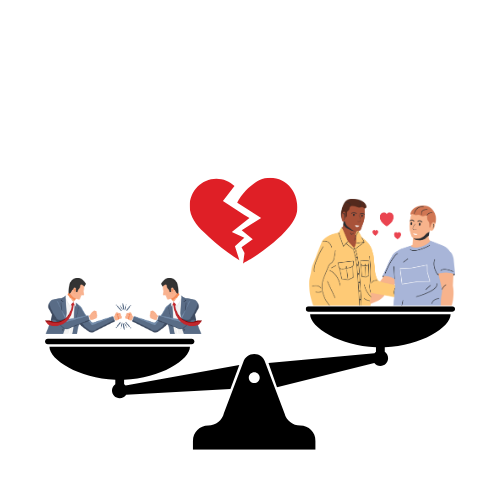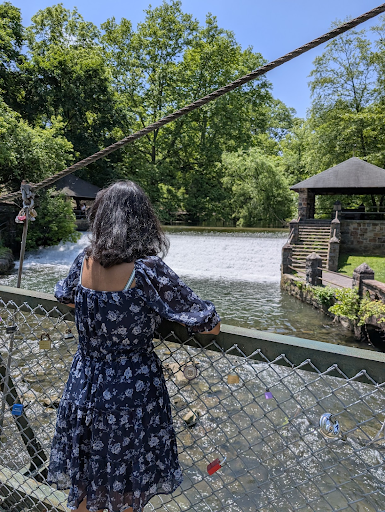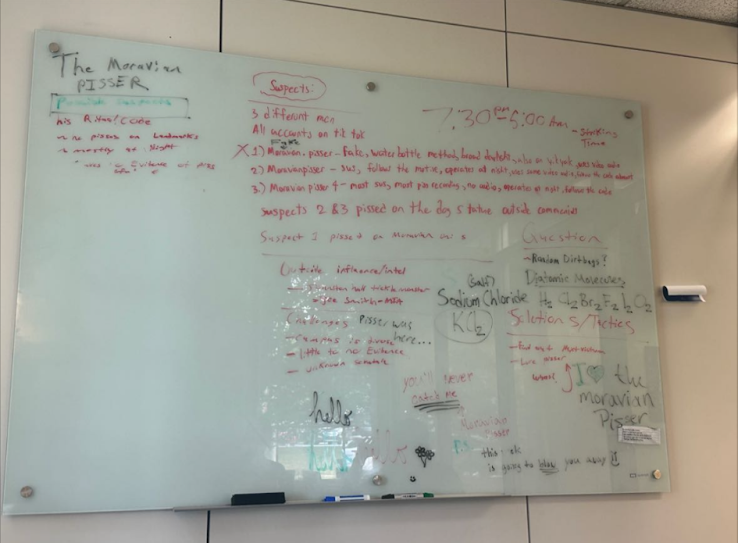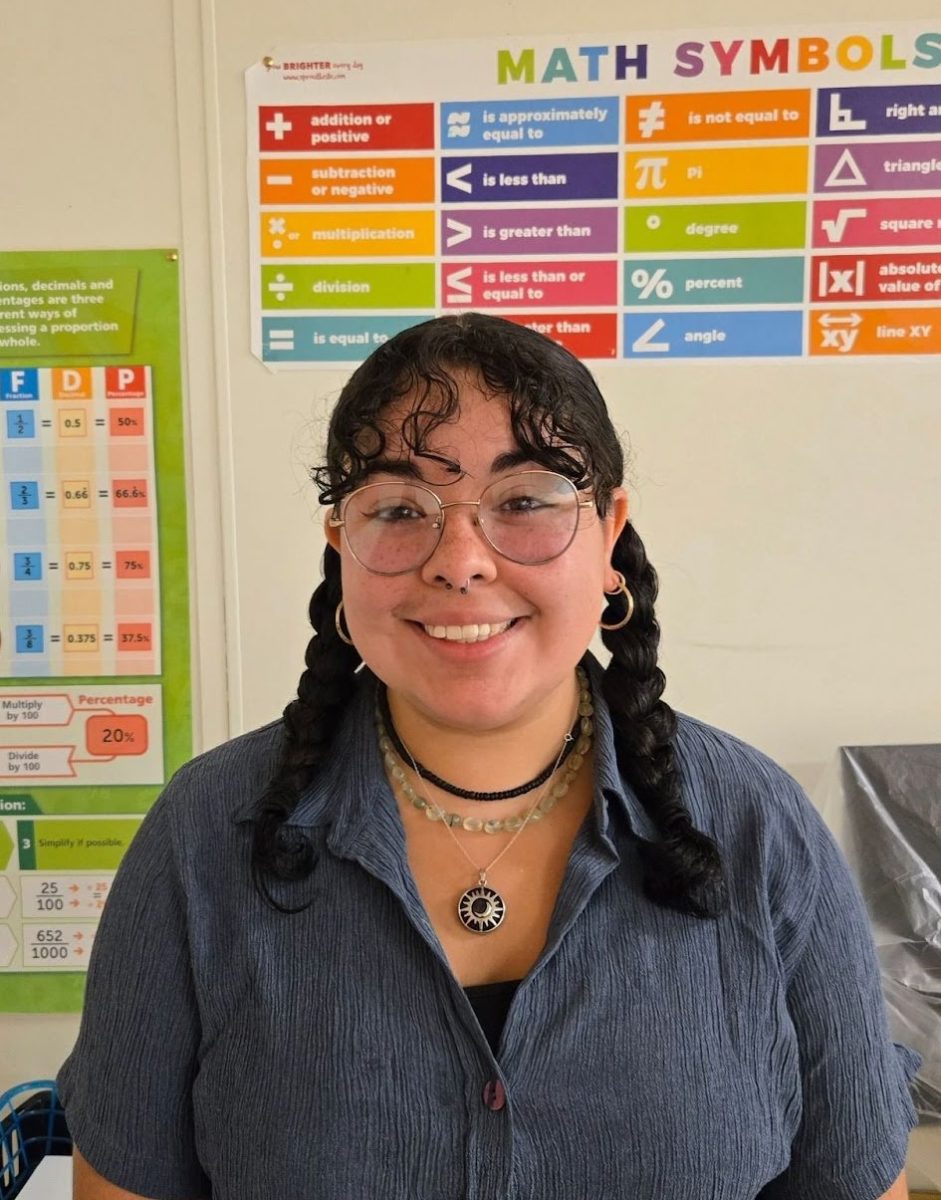In the six weeks between the start of the semester and fall break, college students go through what is called the “Red Zone.” It is during this period that over half of sexual assaults on campus occur, with women, transfer students and freshmen being the most susceptible.
Students typically are distracted by the buzz of the beginning of the semester to notice the dangers in plain sight. Therefore, I share my experiences in hopes that I may be able to help someone who needs guidance the way I did.
During my own orientation, I met a particular someone. Our friendship started off strong and eventually grew into a fondness that became physical. In our excitement, we became exclusive; however, things quickly took a turn for the worse as their behaviors became dangerous.
Anyone who has been in a similar situation may have also heard a response along the lines of, “You knew I had these issues when we got together. Am I really that bad? I said I am working on it and wouldn’t do it again, I was just really upset.”
It happened before I understood, so after putting up a fight, I proceeded to stay the night with them. With time, though, I grew exhausted of the trust and interest I had in them, while they checked off almost every way they could have overstepped my bounds.
Sitting in pitied tension afterward, I would get an apology and their promise to work on improving themselves. Their promises, always unrealized, became as routine as their behaviors. Eventually, I realized I had to draw a hard line and broke it off. Still, we attempted to be friends until the end of the semester.
Their absence gave me a more general sense of safety, but the silence of it reminded me that I had to learn to live with myself, by myself. When topics of abuse are brought up in conversation, they usually end with the assumption that the burden ends when the relationship does, not realizing that there is a new beginning that is just as ugly coming up.
The epiphanies that I had, being able to see my world from a perspective without them, gave me no peace of mind. Could it be possible for someone who loves me to hurt me in such a manner? Or did I mean so little to someone that they felt comfortable enough to objectify me in real time? With only myself to judge, I constantly deliberated on the truth, all answers being more haunting than liberating.
Regardless of the intent, I felt what I knew of myself was gone with them. Didn’t I know better? Didn’t I know them better? I felt the world was giving me clear answers that were not in my favor, and I submitted to shame. The feeling invaded my being to the point where I felt oddly exposed despite being fully clothed. I could not focus, and my patience for my studies and passions diminished.
During this time period, I began noticing posters around the bathrooms that displayed the number of Moravian’s Advocacy for Survivors of Sexual Violence hotline. The posters also had a quote that reaffirmed the possibilities of abuse happening in a relationship, something that followed me as much as I avoided it until I called the number one night. I worried that the feeling would pull me into oblivion if I didn’t at least say something to someone other than myself.
The advocate who answered made sure I would be okay for the night, and let me know I would need to report the situation. Thus the process began – the advocate reported my statement to the Title IX office, from where a coordinator organized for me to report it. My emotions whirlpooled up until the appointment; the thought of revisiting that night, even in thought after three months, felt like an impending doom. But the only thing I was met with was patience and space.
Here, I was given the opportunity to formally decide how I wanted to proceed. I felt no resistance from any of the advocates involved in letting me make the decision on my own. They seemed to understand how these situations could vary in circumstances, and only reaffirmed to me what resources I was able to turn to on and off campus. Besides that, they let me know I wasn’t alone.
Leaving the appointment, the clarity of having done something for myself eased my mind. This sparked a hope in me that encouraged me to keep reclaiming myself, starting with weekly therapy appointments through Moravian’s Counseling and Psychiatric Services, and spending a lot more time with myself. Progress back to “normalcy” was never linear, with jagged being a better way to describe it truthfully. After many confessions to myself and others, it sometimes it’s almost as if I’m still trying to find it for myself.
Yet almost two years later, and it’s safe to say I live a new life. I’ve returned to the hobbies I had left and discovered new ones along the way. My interest in academics has revived, and I’ve even found love again. That’s not to say I do not struggle, but that I know my way back to myself when I do.
I urge anyone dealing with similar circumstances not to hold onto the burden alone. Know that there are options to turn to, and despite how your mind will make you feel, you are not irreparable. These situations try to pass down the weight of accountability onto the victim, but that is not something that we are obligated to carry.
For those in need of mental wellness resources, Moravian offers a variety of Counseling & Psychological Services (CAPS) to students free of charge, or can be called at (610)-861-1510. Female advocates for sexual violence are available 24/7 by (484)-764-9242- male advocates can be requested. Equal Opportunity & Title IX Coordinator, Becki L. Achey, can be contacted at (610) 625-7023.














